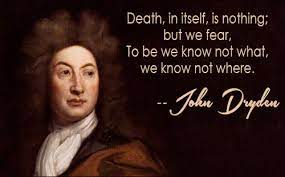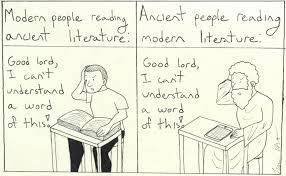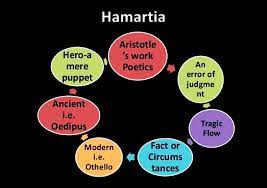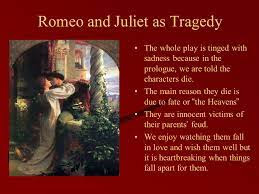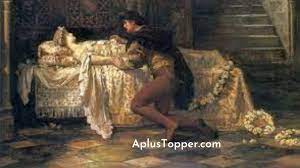Here is my Blog about Orlando A Biography by Virginia Woolf.
Adeline Virginia Woolf was an English writer, considered one of the most important modernist 20th-century authors and a pioneer in the use of stream of consciousness as a narrative device.
Life of Woolf
Woolf was born into an affluent household in South Kensington, London, the seventh child of mother Julia Prinsep Jackson and father Leslie Stephen in a blended family of eight which included the modernist painter Vanessa Bell, and was home-schooled in English classics and Victorian literature from a young age. From 1897 to 1901, she attended the Ladies' Department of King's College London, where she studied classics and history and came into contact with early reformers of women's higher education and the women's rights movement.
Encouraged by her father, Woolf began writing professionally in 1900. Following her father's death in 1904, the Stephen family moved from Kensington to the more bohemian Bloomsbury, where, in conjunction with the brothers' intellectual friends, they formed the artistic and literary Bloomsbury Group. In 1912, she married Leonard Woolf, and in 1917, the couple founded the Hogarth Press, which published much of her work. They rented a home in Sussex and moved there permanently in 1940. Woolf also had romantic relationships with women, including Vita Sackville-West, who also published her books through Hogarth Press. Both women's literature became inspired by their relationship, which lasted until Woolf's death.
"During the interwar period, Woolf was an important part of London's literary and artistic society."
Throughout her life, Woolf was troubled by her mental illness. She was institutionalized several times and attempted suicide at least twice. According to Dalsimer, her illness was characterized by symptoms that today would be diagnosed as bipolar disorder, for which there was no effective intervention during her lifetime. In 1941, at age 59, Woolf died by drowning herself in the River Ouse at Lewes.
What is Bipolar Disorder?
Bipolar disorder, formerly called manic depression, is
"A mental health condition that causes extreme mood swings"
that include emotional highs and lows depression. When you become depressed, you may feel sad or hopeless and lose interest or pleasure in most activities.
Here are the questions and answers mentioned in the task.
· How far do you feel that Orlando is influenced by Vita and Virginia’s love affair? Does it talk only about that or do you find anything else too?
· Who do you think is confused about their identity Vita or Virginia? Explain with illustrations
· What is society’s thought about women and identity? Do you agree with them? If Yes then why? If not then why?


There is a question on women's safety that can you hang around your own city late at night #Alone?
Society can advise you for your behavior in public why the same people can't protect you in public?
Write your views on Gender Identity? Will you like to Give any message to society?


The scenes which caught my attention are above all the questions and answers.
This is the scene when she finds Vita with someone else.
These two actors I prefer as Vita and Virginia because Deepika is the kind of person whom we can mold however we want the same as that recent works of Alia is catching all the attention of Indian cinema. that's why I want Deepika Padukone and Alia Bhatt as the female protagonist of the movie also I want sanya Malhotra as Vanessa.




























